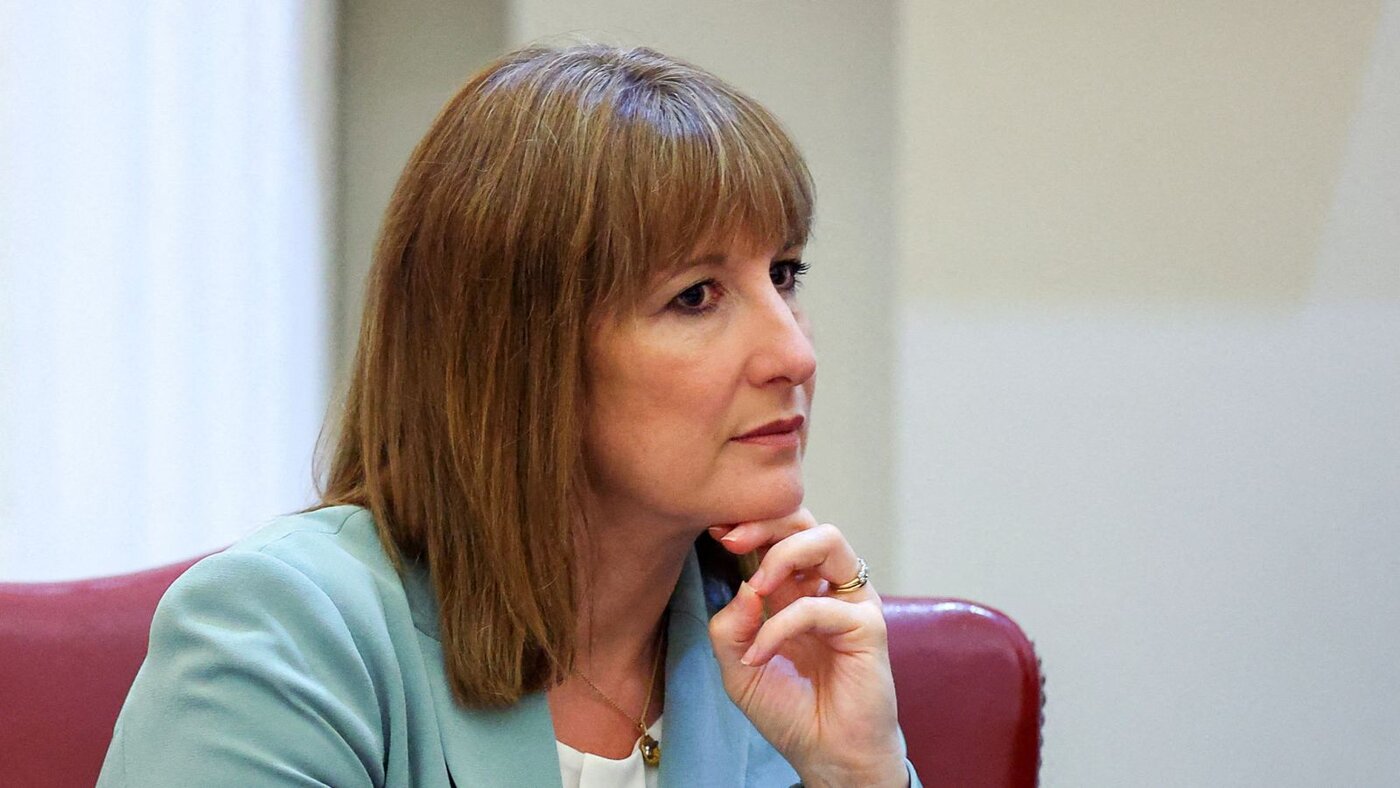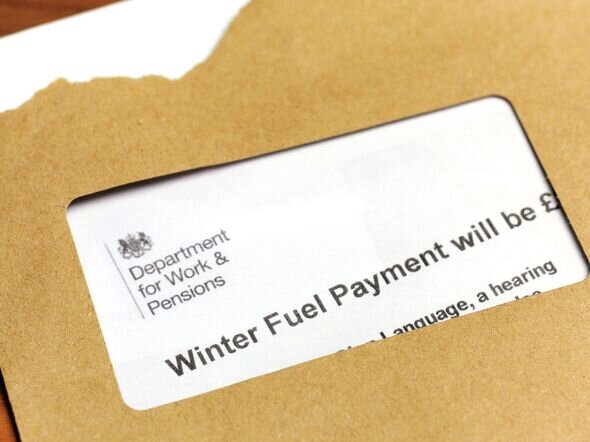LONDON, Sept 29 – With a £40bn funding gap looming, Chancellor Rachel Reeves faces mounting pressure to outline tax reforms in her Autumn Budget on 26 November. While Labour pledged not to raise income tax, national insurance or VAT, speculation is intensifying over which levies could rise.
Prime Minister Keir Starmer fuelled debate after refusing to explicitly rule out a VAT increase during a BBC interview, insisting only that “the manifesto stands.” His careful wording has raised doubts about the government’s ability to uphold its promises.
VAT remains under scrutiny
Labour’s manifesto ruled out raising VAT, but Starmer’s choice of words has left the door open. Treasury modelling suggests a one-point rise could raise £8.8bn in 2026/27, rising to £9.55bn by 2028/29.
Tory leader Kemi Badenoch warned of a potential “tax bombshell,” saying Labour’s ambiguity is causing concern for working families. Analysts believe Reeves will face continued pressure to clarify VAT policy before Budget day.
National property tax proposals
Reports suggest ministers are considering a national property tax to replace stamp duty on owner-occupied homes worth more than £500,000. Owners would pay a rate based on property value when selling, with revenues expected to be more stable than stamp duty, which fluctuates with the housing market.
Separately, a local property tax could replace council tax, charging property owners varying rates depending on home values. Critics warn such changes would reshape household finances, though supporters argue they would address long-standing inequalities in housing taxation.
Inheritance tax changes
Inheritance tax is also under review, with experts noting its complexity gives ministers scope to raise revenue without hitting working-age taxpayers. Potential reforms include capping gifts exempt from tax under current rules and including unused pension funds in estates from April 2027.
Sarah Coles of Hargreaves Lansdown said inheritance tax “meets the government’s criteria of raising tax without taxing people more during their working lives.” She added that the system’s complexity allows for multiple tweaks to increase receipts.
Gambling and alcohol duties
More than 100 Labour MPs have urged Reeves to hike gambling taxes, with proposals to raise online casino duty from 21 per cent to 50 per cent and slot machine duty from 20 per cent to 50 per cent. Supporters argue the reforms could generate £3.2bn to scrap the two-child benefit cap.
Health campaigners have also called for reform of alcohol duties, including an end to “cider exceptionalism,” which taxes cider at a lower rate than other drinks of similar strength. Linking duties to inflation is also under discussion.
Wealth tax off the table
Despite pressure from some backbenchers, ministers have ruled out introducing a wealth tax. Cabinet officials argue such a levy would drive wealthy individuals and assets overseas, making it impractical. “Wealthy people are mobile,” one minister told the Times, “they can move their assets to other more favourable jurisdictions.”
Reeves’s fiscal challenge
The National Institute of Economic and Social Research estimates Reeves will miss her fiscal targets by £41.2bn in 2029/30 due to higher borrowing and policy U-turns. It warned she faces an “impossible trilemma”: upholding her tax pledges, meeting spending promises, and staying within fiscal rules.
Economists expect Reeves will need to introduce “moderate but sustained” tax rises across different sectors, or cut spending, to restore confidence in Britain’s public finances.
The Autumn Budget is shaping up to be a defining moment for Reeves and Starmer. With a £40bn shortfall, ministers are weighing politically sensitive options, from VAT and inheritance tax to property and gambling levies.
For households and businesses, the uncertainty highlights the importance of monitoring upcoming changes. The Pie app provides tools to track tax shifts, income, and expenses offering clarity as the government prepares its most consequential Budget in years.










